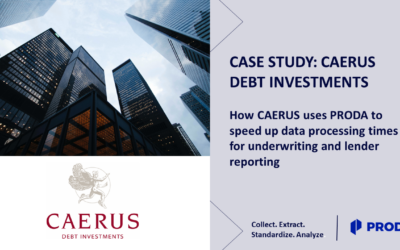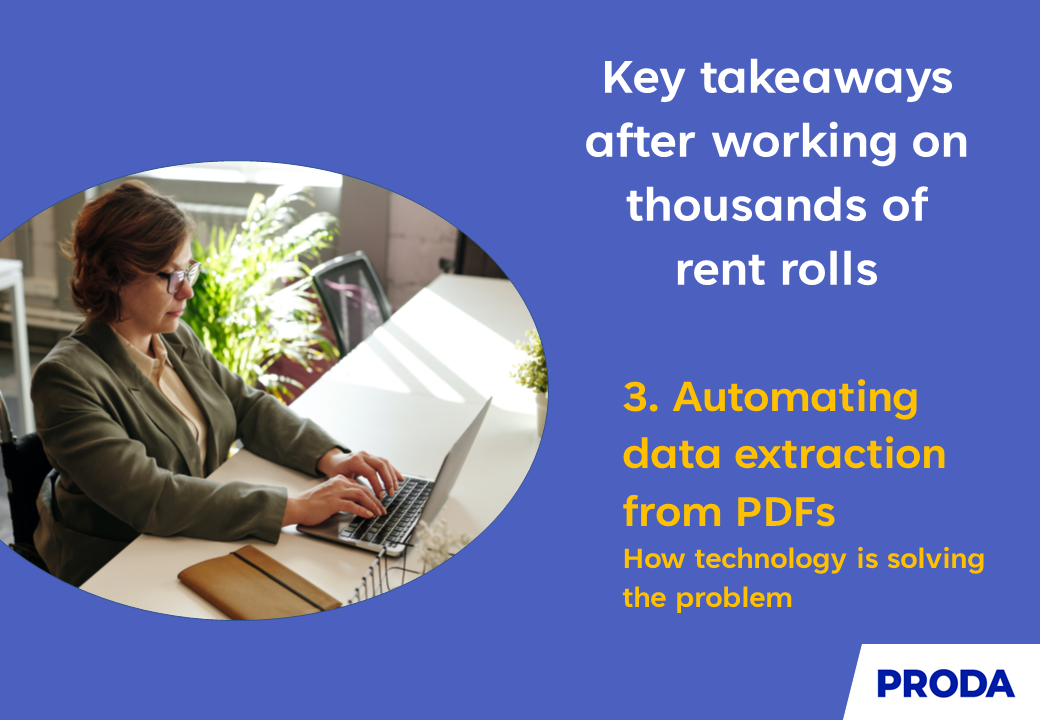In our latest ‘Leaders in Property and Technology’ blog, we spoke with Kingma Ma, Head of UK at Proptech1, a three-year-old venture capital firm for the untapped innovation potential of the real estate industry, headquartered in Germany.
PRODA: Hi Kingma, from your experience over the last few years, would you say that the current state of the property market is good or bad for proptech firms?
It’s not a straightforward question! There’s a lot of uncertainty in the market, but I don’t think it’s having a measurable direct impact, because the uncertainty isn’t creating direct real estate market activity.
What we’ve seen is that Business-to-Business (B2B) proptech firms often struggle at times of high market activity. This means that real estate companies are making changes to their portfolios. Although procurement speeds are improving, it still often can take a long time for many proptech companies to go through the sales funnel and onboard their clients.
Sometimes, if a large real estate company is looking to transact the portfolio that the B2B proptech company is trying to onboard, this disrupts the procurement cycle, which is definitely a negative.
PRODA: In what ways might the current downturn force the industry to digitise?
If there’s a clear and demonstrable argument for digitisation improving net operating income by driving down costs or adding a source of revenue in a portfolio, then there will be a convincing argument for the real estate industry to find or build digital solutions. This is especially true with the drivers of this economic downturn.
Covid has, I think, proved to a lot of real estate landlords the importance of designing better buildings around customer experience and resilience. In order to access the performance of their portfolios, they need better digital analytics.
The energy crisis on the other hand massively increases overhead costs for any building owner or tenant – whoever is ultimately paying the energy bill in a building.
With energy prices more than doubling over the coming months for the UK, there’s a real argument to be made for finding automatic trigger solutions which can turn off and reduce the power consumption of appliances. These include air conditioning, lights and heaters that aren’t being used. There is also a case for making more supply-side improvements such as bettering insulation, or switching to more energy efficient heating sources, such as heat pumps.
On the construction side, developers are faced with steep inflation over both labour and materials. The cost of timber and steel have more than doubled since the start of the year. Again, any construction technologies that can improve project productivity or create more resilient supply chains could and should be looked into by developers and contractors alike.
PRODA: To what extent will ESG shape your own investment strategy over the next few years?
ESG is fast becoming the biggest investment strategy influence for us at PropTech1, because we believe it’ll act as the biggest strategic influence for the real estate industry.
We’re on the look out for defensible, impactful innovations that can make a material reduction in scope 1-3 emissions of existing real estate and developments, and we’ll soon be announcing some investments that can make significant emission reductions for the real estate industry at scale.
Working with some of the most forward thinking individuals and companies in the real estate industry, and facilitating their adoption by recommending them to senior decision makers in the market, is hugely exciting.
Many thanks to Kingma for taking the time to speak with us. We will be back soon with another post as we continue to speak to leaders across the industry.




